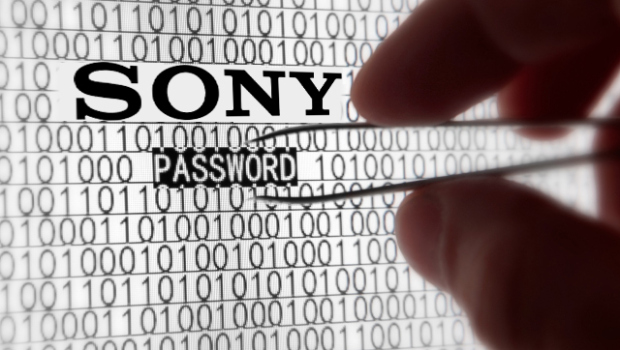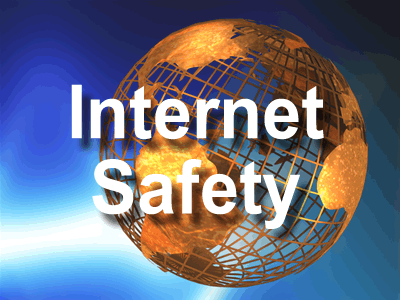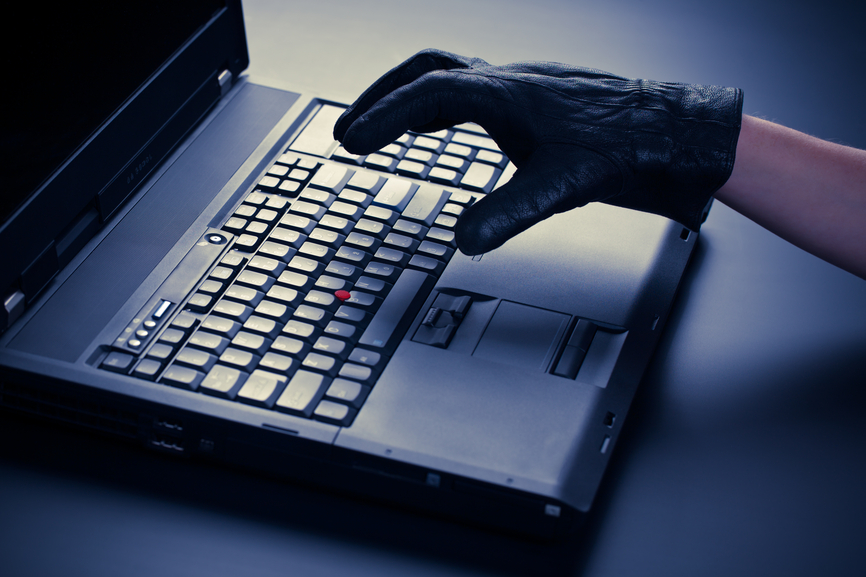The gaming giant Sony has been hacked twice in the last few months, compromising the identities and personal information of millions of users worldwide. Keep your kids safe: including their identities when they're online gaming. Even when users think their information is completely safe, it never truly is on the Internet.
The hackers first attacked between April 17 and 19, affecting 77 million PlayStation accounts. Personal information such as names, addresses, emails, birthdates, and PlayStation IDs, logins, and passwords were accessed. Credit card information could also have been stolen if the users gave it to the site.
Read More »


 In cyberspace, things rarely stay private. A nude picture, snarky comment, or reference to illegal drugs or underage drinking meant for a friend’s eyes only can easily be seen by a
In cyberspace, things rarely stay private. A nude picture, snarky comment, or reference to illegal drugs or underage drinking meant for a friend’s eyes only can easily be seen by a 
 You don’t need an expert to tell you that you lived a different childhood than your kids do. You remember when you had to get up and turn the dial on the TV to change channels; your teen can’t understand how a world without Facebook or MySpace would even function.
You don’t need an expert to tell you that you lived a different childhood than your kids do. You remember when you had to get up and turn the dial on the TV to change channels; your teen can’t understand how a world without Facebook or MySpace would even function. So you’ve had the Internet safety conversation with your child: no giving out personal information online, no talking to strangers in chat rooms, and no sending elicit photos or texts. What next?
So you’ve had the Internet safety conversation with your child: no giving out personal information online, no talking to strangers in chat rooms, and no sending elicit photos or texts. What next? Photo sharing websites like Flickr, PhotoBucket, and Shutterfly are becoming extremely popular. Signing up for a free account only takes a few minutes, and then you can upload all your family pictures, add captions, and share them with friends and relatives. Photo sharing sites are a great way to stay in touch with out-of-state relatives or catch up with friends you don’t see very often. And let’s face it – pictures of your own kid are too cute not to showcase. But many parents are using photo sharing sites much too freely, and it may be compromising the
Photo sharing websites like Flickr, PhotoBucket, and Shutterfly are becoming extremely popular. Signing up for a free account only takes a few minutes, and then you can upload all your family pictures, add captions, and share them with friends and relatives. Photo sharing sites are a great way to stay in touch with out-of-state relatives or catch up with friends you don’t see very often. And let’s face it – pictures of your own kid are too cute not to showcase. But many parents are using photo sharing sites much too freely, and it may be compromising the 